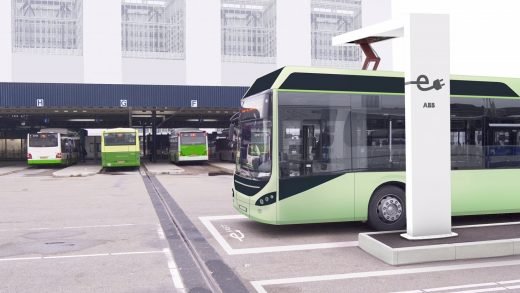Are Smart Islands the next step to EU sustainability success?
Running an island is hard work. Sure, some like Ibiza thrive as vacation destinations and profit from tourism, but due to their insularity, many are heavily dependent on energy—especially fossil fuels. Islands are also faced with the challenge of maintaining (or creating) a sustainable local environment and ecosystem while still managing issues such as high transportation costs and pollution. With about 11 percent of the world’s population living on islands, this becomes an issue not just for tourism, but also for the actual residents. As the EU looks to be a driver in terms of a low carbon economy, islands in Europe are becoming more aware of their role to serve as inspiration for sustainable, integrated solutions that “make the most out of islands’ competitive advantages,” according to the Smart Islands Initiative. Let’s take a look at this new effort inspired by Smart Cities and Communities and how Europe’s islands may play a vital role in helping Europe transition into a low carbon and sustainable economy.— Philippe Leonard
Unlocking islands’ potential
Islands are among the first to experience the impacts of climate change on their local ecosystems and lifestyle, which is made more of a challenge given the fact they are so heavily reliant on fossil fuels and have limited access to economic diversification and markets. With the Smart Islands Initiative, European islands are looking at these so-called handicaps as advantages, making the most of the resources they have in order to support “sustainable and equitable economic development that fully taps into islands’ local potential (geography, natural and human resources, products).”
By making the most out of these competitive advantages, islands are becoming more innovative, acting as living labs to develop social, technological and economic solutions that contribute to EU policy goals in fields like energy, climate mitigation and adaption, and transport and mobility. Just take a look at the Dutch island of Texel, which is helping the country slim down its carbon emissions to zero by 2050 with the installation of one of Europe’s largest intelligent street lighting projects. New “light on demand” LED streetlights use 70 percent less energy than the previous system while helping the island connect smart city applications (such as police CCTV), which can improve public safety. The Italian island of Sicily, meanwhile, is looking at crowdfunding as a way to solve budget constraints and boost its evolving tech scene, encouraging the growth of start-ups and projects like sensor-equipped bus stops that can help collect data and track traffic patterns.
These are just a few of the trends we’ve seen that show how islands are stepping up to provide smart solutions to improve the lives of citizens and visitors. In addition, the Smart Islands Initiative is serving as an example for other communities—both islands and rural areas—who may be at a geographical disadvantage and inspiring them to overcome these handicaps and become more sustainable in spite of them.
Source: Smart CIties Council
Photo/video source: Smart CIties Council









Recent Comments